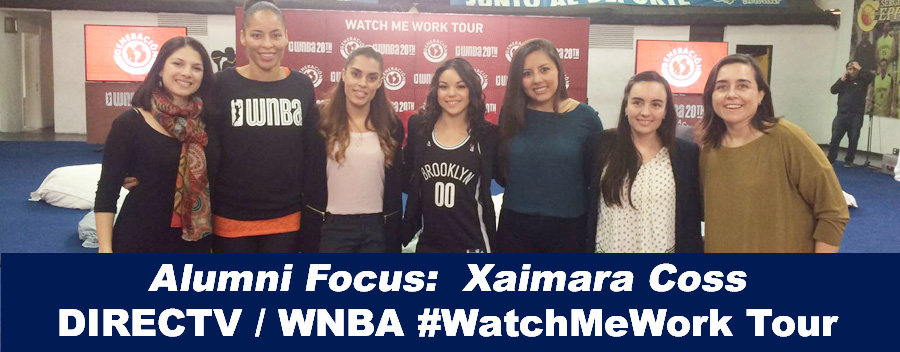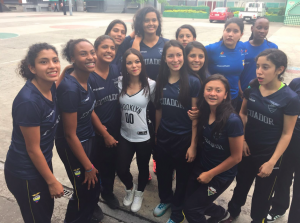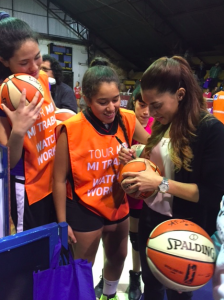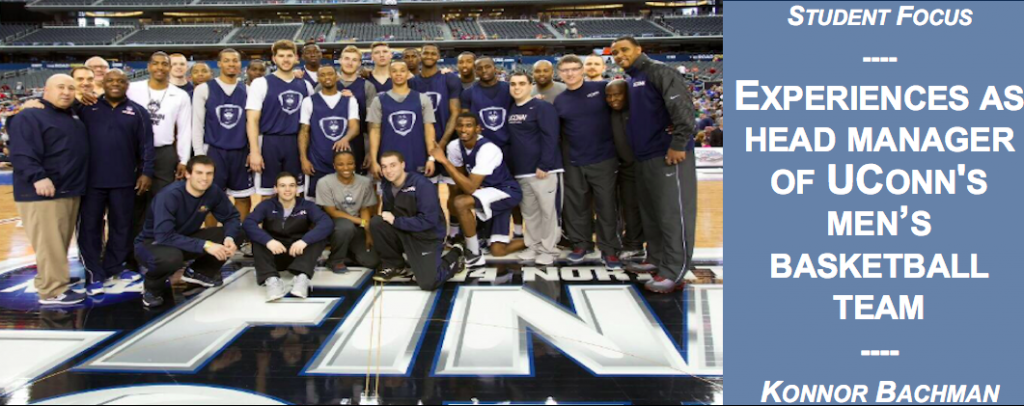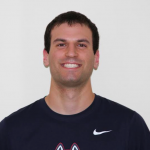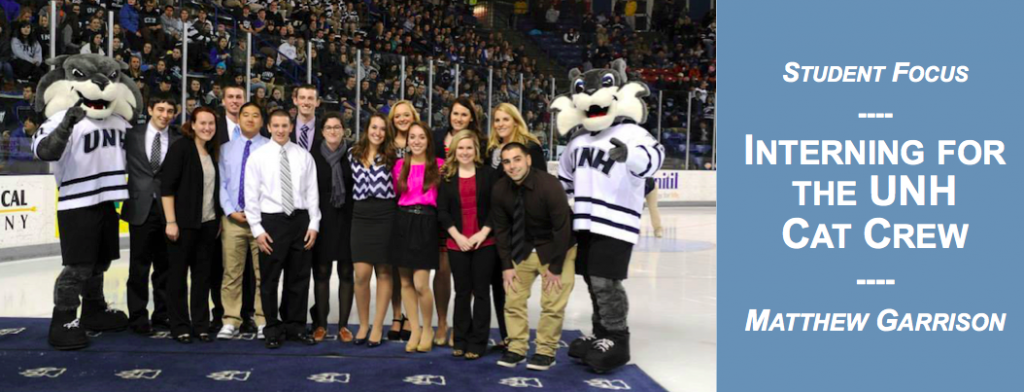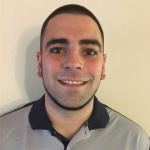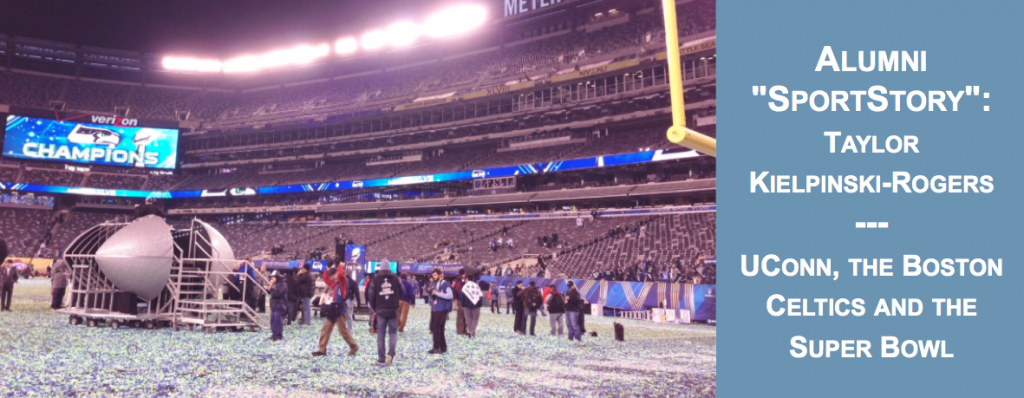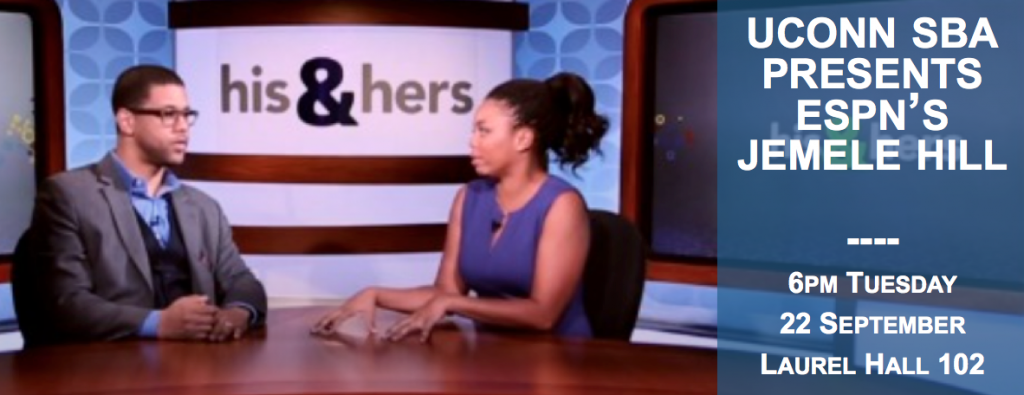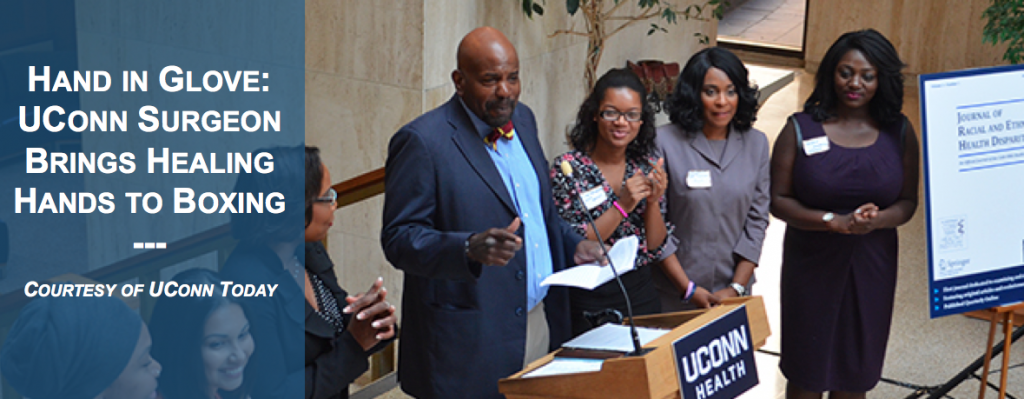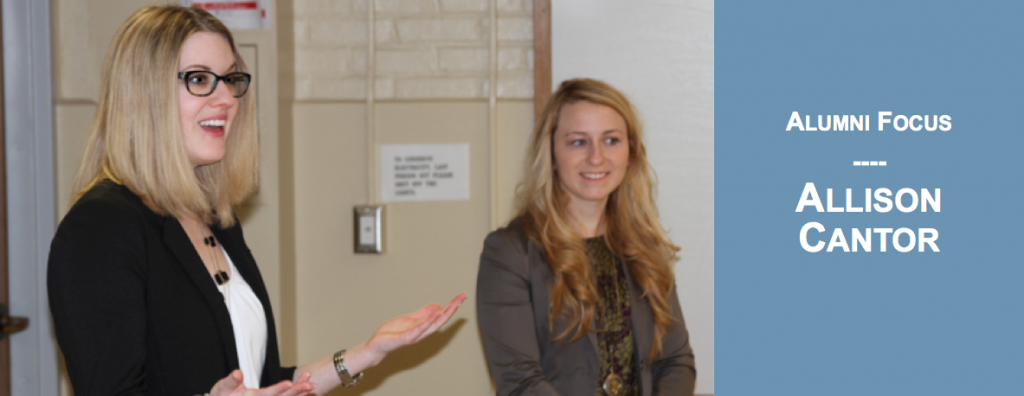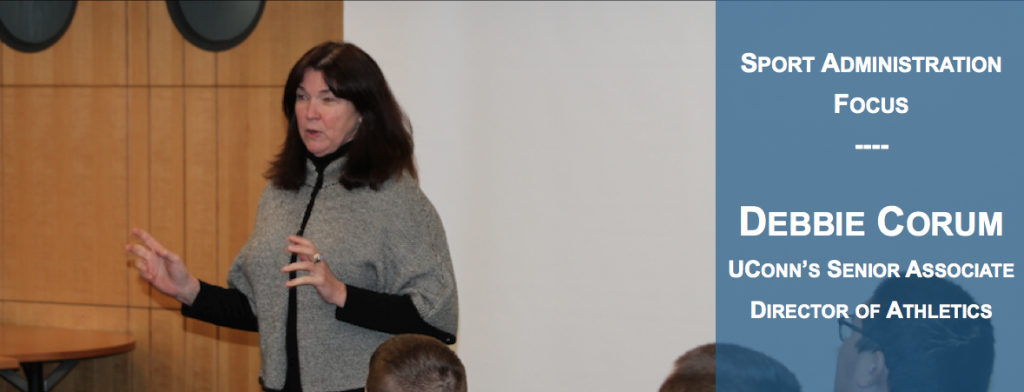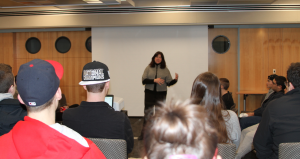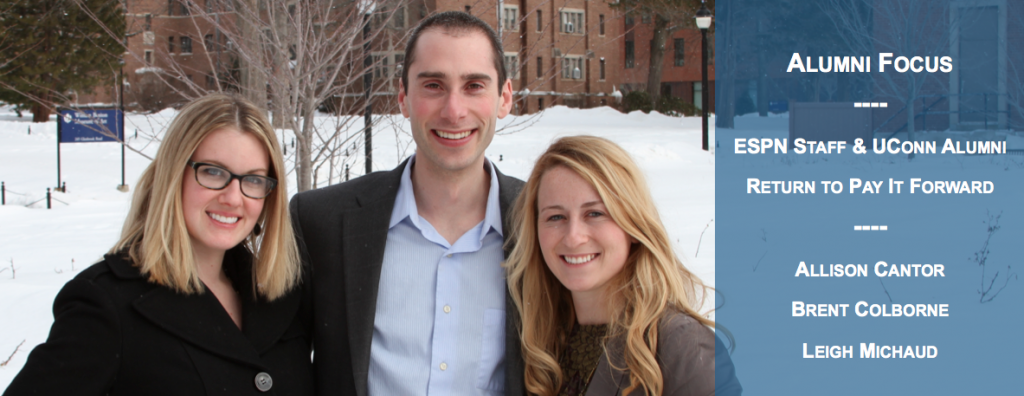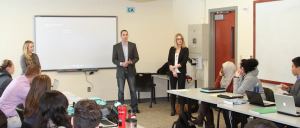Editor’s Note: This article originally found on The Conversation, is co-authored by the Neag School’s Eli Wolff, answers five questions about the International Olympic Committee (IOC) and how they respond to human rights and other issues.
The International Olympic Committee, a nongovernmental organization based in Switzerland that’s independent of any one nation, was founded in 1894. It’s a group of officials who supervise and support the Olympics and set Olympic policies about everything from whether break dancing can be added as an official sport to what’s required for an athlete to compete on a team representing a country where they don’t normally reside. Because the IOC is often in the news, we asked two sports scholars, Yannick Kluch and Eli Wolff, five questions about what it does and why so many people want it to change how it responds to concerns about human rights and other issues.
1. What are the main things the IOC does?
The IOC coordinates what’s known as the Olympic movement, the technical term for the constellation of committees, federations, and other bodies that puts on spectacular sporting competitions every two years.
That includes overseeing the 206 national Olympic committees and 35 international sports federations. The IOC also supervises the specific organizing committees formed for every one of the Olympic Games, seven years before the competitions begin.
The IOC’s 101 members, many of whom are former athletes, meet at least once a year to make important decisions.
We believe good journalism is good for democracy and necessary for it.
They’re responsible for selecting where future Olympic Games will occur, electing their leaders, choosing new Olympic sports, and making amendments to the Olympic Charter. The IOC’s own officials select candidates for membership in the committee.
Thomas Bach, a German, has served as IOC president since 2013. He regularly convenes its executive board. He represents the IOC during the Games.
The IOC also oversees several humanitarian initiatives such as Peace and Development through Sport, the Olympic Refugee team, and the Olympic Solidarity program. The committee has observer status with the United Nations and promotes a worldwide symbolic ceasefire during the Games known as the Olympic Truce resolution.
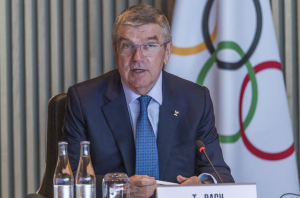
2. What’s the IOC’s mission?
The IOC has three main roles. The global nonprofit says “its job is to encourage the promotion of Olympic values, to ensure the regular celebration of the Olympic Games and its legacy and to support all the organizations affiliated to the Olympic Movement.”
In the Olympic Charter, the IOC goes into more detail about its principles, articulating the seven fundamental principles of “Olympism.”
These include placing “sport at the service of the harmonious development of humankind, with a view to promoting a peaceful society concerned with the preservation of human dignity,” promoting the “practice of sport [as] a human right,” a commitment to political neutrality and shielding athletes from discrimination.
The IOC is also supposed to protect the ethics and integrity of the Olympic movement, prevent athlete abuse and harassment, and generally make competitions safe, fair, and accessible for all qualifying competitors.
3. How does the IOC get money, and where do those funds go?
About three-quarters of its funds come from the sale of the rights to broadcast the Olympic Games. It gets most of the rest through marketing deals. The IOC collected more than US $5 billion for the 2014 and 2016 Games, the most recent data it has made available.
Because the IOC operates as a nonprofit, its leaders do not manage this money as they might if it were a private company. Instead, the committee distributes 90% of its revenue to national Olympic committees, Olympic athletes, and other entities, reserving the rest of the money to cover operational expenses.
The IOC also provides half of the funds used by the World Anti-Doping Association, established in 1999 to research and monitor the use of prohibited medications and treatments by athletes. Governments provide the rest of the association’s funding.
Olympic athletes, especially those who compete on U.S. teams, get very low compensation for their participation in the Games, and they are limited in terms of their ability to earn money from marketing deals. Bach, although he is technically a volunteer, earns about $244,000 a year, and other IOC leaders are paid as well.
4. What are some of the controversies the IOC faces?
The IOC’s response, in 2014, to prove that the Russian government was sponsoring systematic doping of its athletes has led to widespread criticism for being too lenient and has sparked controversy ever since. To punish the Russian government, without sidelining all Russian athletes from the Games, the IOC permits them to compete as “Olympic Athletes from Russia” without allowing the use of the Russian flag or anthem.
In 2022, doping remained a problem. That became clear when belated test results showed Russian figure skater Kamila Valieva had used a banned heart medication several weeks before she competed in the Olympics. The IOC’s response to this news appeared to disappoint all sides.
A figure skater on the ice during the Beijing Winter Games, Kamila Valieva of Russia kept competing in Beijing after evidence that she had tested positive for a banned substance came to light.
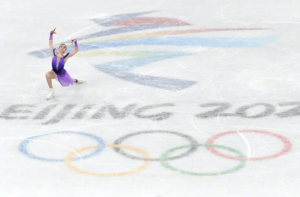
Separately, the IOC has failed to stop corruption in the bidding process for hosting the Olympics, a longstanding problem most recently exposed with the 2016 Olympic Games in Rio de Janeiro and the Olympic Games held in Tokyo five years later.
Human rights groups have expressed outrage over the IOC’s decisions that allowed China to host the Olympic Games in 2008 and 2022.
China faces widespread accusations, including from the U.S. government, that it oppresses Uyghurs in China’s western Xinjiang region. This abuse is increasingly considered to constitute genocide.
Many athletes and other people object to China’s repression of the Tibetan people. China has also drawn widespread criticism for cracking down on free speech in Hong Kong.
The United States and several other countries cited these concerns in announcing a diplomatic boycott of the 2022 Beijing Olympics.
Interestingly, the committee states that “at all times, the IOC recognizes and upholds human rights” on its website.
The IOC has also come under fire for its Rule 50.
Originally adopted in 1975 as Rule 55, it now states that “no kind of demonstration or political, religious or racial propaganda is permitted in any Olympic sites, venues or other areas.” This is the rationale for why the IOC bars athletes from engaging in protests while they compete or during medal ceremonies.
Time and again the IOC has relied on Rule 50 to justify its commitment to what it calls “political neutrality” as a fundamental principle of Olympism – even when that commitment has contradicted one or more aspects of its mission.
5. Is the IOC neutral and apolitical?
Well, it depends on whom you ask.
“The position of the IOC must be, given the political neutrality, that we are not commenting on political issues,” Bach said when asked about the abuse of Uyghurs by China’s government at the outset of the Beijing Winter Games. “Because otherwise, if we are taking a political standpoint, and we are getting in the middle of tensions and disputes and confrontations between political powers, then we are putting the Olympics at risk.”
In 2020, likewise, Bach wrote that the Olympics “can set an example for a world where everyone respects the same rules and one another.”
[Over 140,000 readers rely on The Conversation’s newsletters to understand the world. Sign up today.]
Human rights experts and activists around the world, however, have called the IOC’s position to be apolitical a myth and urged the committee to take a stronger stance on human rights abuses.
Shortly before the Tokyo Games began, in the summer of 2021, more than 150 experts on sports, human rights, and social justice – including both of us – published an open letter. In it, we called on the IOC to demonstrate a stronger commitment to human rights and social justice.
“Neutrality is never neutral,” we argued. “As a reflection of society at large, sport is not immune to the social ills that have created global inequities. … Staying neutral means staying silent, and staying silent means supporting ongoing injustice.”
